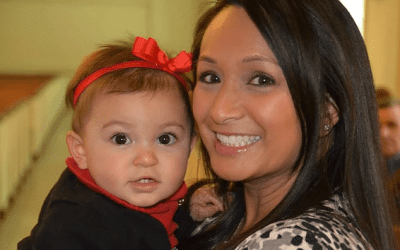I’ve had asthma all my life. Although my disease is controlled and I do not take any medication for it unless I have a flare, I am well prepared in case I do have an attack. And I guess this is why I have a special penchant for asthmatics in the community. Asthma is a lung disease that has very, very serious complications, yet the most effective tool in management is awareness and education.

Unfortunately, this disease is one of the most common long term diseases in childhood, and children with asthma will experience attacks described as wheezing, shortness of breath, incessant coughing, chest tightness, and breathlessness. These attacks occur in flares and the child is usually symptom free in between these attacks. Unfortunately, we still do not know what the exact cause of asthma is, but we know how to recognize and control it. We know that it usually runs in families, having a family member with asthma, eczema, or allergies makes one more prone to developing this disease. We know that asthmatics have lungs that are more sensitive to certain triggers. And it is this trigger that usually sets off an attack.
Triggers can be a lot of things. They can be sudden changes in temperature, pollution, viral infection, smoke, animals, food, or even exercise. It is very important to find out the trigger causing one’s flare because the first and most important step to prevention is to manage the trigger through medication, or staying away from it. Talk to your physician about possible triggers, they can be as mundane as stuffed animals at home, an old pillow, or mold growing on the bathroom curtain. Make your home asthma proof, as this will go a long way toward preventing the flares.
The asthma treatment plan is something that may be worth talking to your doctor about. It is an important tool you can have on hand, and people around you can have to give everyone a step-by-step approach on how to handle signs and symptoms you are having an attack or are about to have one, and how to go about starting you on some medications. Your physician should talk to you about the different zones in your asthma treatment plan and how to recognize them, and what to do in each.
Talk to your doctor and have your asthma classified, and follow your doctor’s advice regarding medications. Asthma medications vary with each person and sometimes one medication will work better on one than another. This will also depend on how severe and how frequent you develop flare-ups of asthma. Your physician may give you medications to take everyday to keep your asthma at bay, and also give you medications in case you suffer an attack. Always have the medication handy.
Finally and most importantly, make people around you aware. In this day and age of social networking and high speed communication, knowledge is at our fingertips. Help educate key members of the community about this disease. Make sure the school is aware if you or your child has asthma, as much as possible, try to asthma proof day care centers and school grounds. Talk to your community about the different asthma programs and environmental programs available. Educate the entire family on recognizing asthma attacks. And talk to your doctor frequently about controlling your asthma.
In the end, our best medicine is still education.



